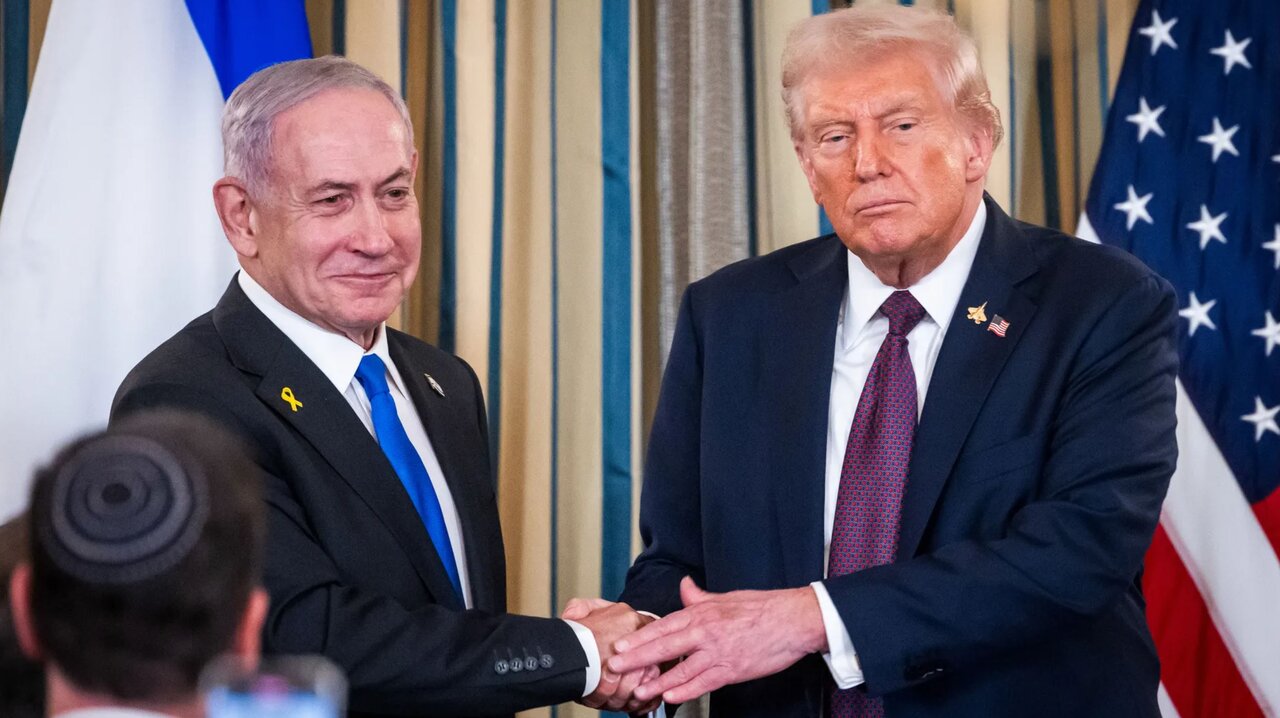Hunting West Asia: Who is next?

ISLAMABAD – When a hunter enters the woods, he is seldom alone. Behind him march the beaters, stirring the dust, hurling stones, forcing the prey from freedom into a single, fatal path. Exhausted and terrified, the prey stumbles before the hunter’s feet, and one blow ends its life.
Today, across West Asia, that ancient drama is being staged once again, only this time with blood. The hunters are Israel and the United States. The beaters are regional rulers and world powers who whip up noise, fracture the terrain and drive peoples into traps from which there is no escape but death. As always, it is not the hunters or the beaters who pay the price, but the prey: ordinary men, women and children crushed beneath fire and fear.
This is no new game. Four decades ago the Iran–Iraq war began in just this way. Saddam Hussein was driven forward by the United States and its Western allies, Persian Gulf states poured in money, and the whole region went up in flames. Millions perished, Iran was left isolated under sanctions, and Iraq was reduced to rubble. A scar still runs through West Asian history.
The pattern was repeated in Syria, Yemen and Lebanon. Sometimes militant groups were pushed to the front, at other times sectarian rifts were deliberately widened. Homes fell, generations were uprooted, while profits flowed to arms dealers and powerful states watching from afar.
Gaza is the latest stage. Airstrikes and ground assaults spared neither homes nor hospitals nor refugee camps. Thousands of children were buried beneath rubble, millions forced into the streets. Yet the global narrative was manipulated. Gaza was painted as the danger, Iran as the menace. Washington gave Israel a blank cheque, while some Muslim states offered diplomatic cover by signing President Trump’s so-called peace plan.
After Israel struck Qatar, the world briefly saw it for what it was, a rogue and aggressive state. For a moment Muslim nations seemed ready to rally, and public opinion tilted against Tel Aviv. Within days Trump and Netanyahu turned vulnerability into strength. With the backing of certain Muslim capitals, Israel was diplomatically shielded. It was no longer the oppressor. Suddenly those resisting it were branded as criminals.
That treaty was itself a deception. Promises of prisoner releases, ceasefires and humanitarian aid were floated, but the real issues were buried. What of Palestinian statehood? Why were Jerusalem and Al-Aqsa brushed aside? Why was no limit placed on settlement expansion?
Standing over the corpses of starving children, do the architects of this order see sixty-six thousand dead Palestinians as mere collateral damage? The plan was little more than theatre, casting Israel as a peacemaker while blotting Palestinian resistance from the political map.
The most chilling element is the trap set for Hamas. If it fights, Israel’s brutality is excused as self-defence. If it lays down arms, Palestinian resistance dies. By endorsing diplomatic cover, some Muslim states have turned their backs on history, forgetting how often such promises have led only to betrayal.
Israel’s true quarry, however, has always been Iran. One by one its opponents have been targeted. First Hezbollah, then Hamas, then the Houthis of Yemen, and Syria left in ruins. All part of the same strategy, designed to weaken and isolate Tehran. Amid the noise, Israel struck Iran directly. Bombing raids on Tehran and other cities showed that the hunter no longer relied solely on beaters. It was ready to fire openly. Iran answered with missile strikes to assert its presence and resolve. Yet the grim truth remains: the game of fear and hunger goes on, replayed under new names and slogans, its victims always the innocent.
History teaches us, and history rarely lies, that the strength of nations lies in their thirst for justice. That thirst creates collective fairness, and fairness brings stability and security. Today, however, justice is drowned in the clamour of power. The roar is so loud that the cries of the oppressed can scarcely be heard.
Once again the drum is beating across West Asia. The roar of might buries justice, while Gaza’s children sob unheard and Iran’s resistance is trapped in the storm. Yet history also shows that no clamour lasts forever. Every drumbeat ends. The hunter moves on in search of the next prey, and one day the beaters themselves may find they are the quarry, their own instruments of the hunt turned fatally against them.
